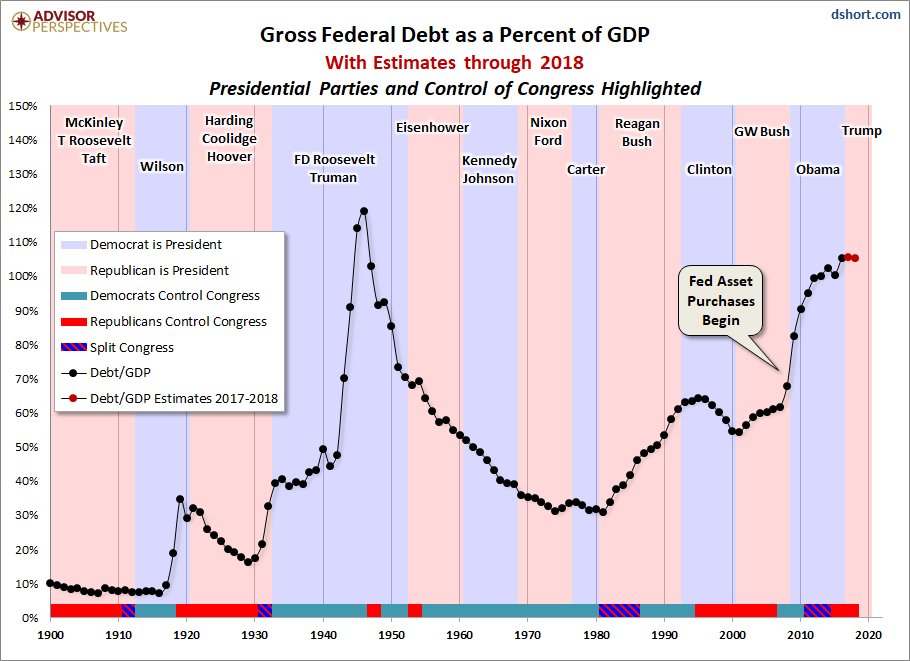Originally posted by carpedm9587
View Post
https://www.usatoday.com/story/opini...umn/914488002/






| Topics | Statistics | Last Post | ||
|---|---|---|---|---|
|
Started by seer, Today, 01:12 PM
|
4 responses
42 views
0 likes
|
Last Post
by Sparko
Today, 02:38 PM
|
||
|
Started by rogue06, Yesterday, 09:33 AM
|
45 responses
286 views
1 like
|
Last Post
by Starlight
Today, 04:58 PM
|
||
|
Started by whag, 04-16-2024, 10:43 PM
|
60 responses
383 views
0 likes
|
Last Post
by seanD
Today, 03:09 PM
|
||
|
Started by rogue06, 04-16-2024, 09:38 AM
|
0 responses
27 views
1 like
|
Last Post
by rogue06
04-16-2024, 09:38 AM
|
||
|
Started by Hypatia_Alexandria, 04-16-2024, 06:47 AM
|
100 responses
436 views
0 likes
|
Last Post
|
Shoutbox by
vBShout v6.1.0 Alpha 8 (Lite) -
vBulletin Mods & Addons
Copyright © 2024 DragonByte Technologies Ltd.
Comment